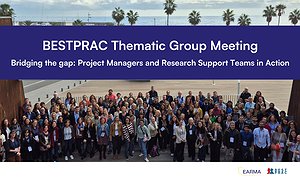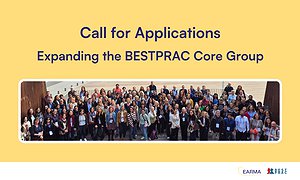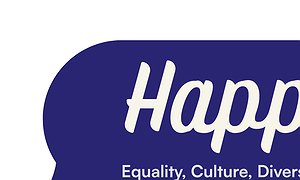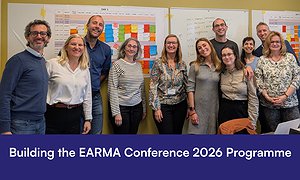Discussions on ethical challenges and implications in research
On November 22, the European Association of Research Managers and Administrators (EARMA) hosted a collaborative event in Brussels featuring the Ethics and Research Integrity Officers Network, known as ERION, and Open Science thematic groups. The event brought together experts from different fields to address pressing ethical challenges and implications in research.
Addressing Challenges in SSH and AI:
Mihalis Kritikos, a Policy Analyst from the European Commission (EC), emphasised the challenges within Social Science and Humanities, including privacy issues in several fields such as anthropology, political science, and psychology. However, new issues have been raised following the disruption of AI during recent times. The European Commission has developed a comprehensive framework, including guidance, norms, and principles, to address these concerns. Key focus areas include the implications of datafication in societies and the value of privacy and individual autonomy. Specialised guidance for vulnerable groups is being developed, and guidelines on incidental findings in SSH are in progress.
Ethical Considerations in Cybersecurity Research:
Leonard Engels, a Policy Officer at the EC, highlighted the crucial role of security and resilience in cybersecurity research. He discussed real-world research cases and the ethical questions arising from technical and philosophical perspectives. The EC's framework document, developed in collaboration with experts, aims to underscore the relevance of ethical issues in cybersecurity research. The discussion touched upon the balance between strict ethical requirements and academic freedom, emphasising the need for proportional application in research proposals.
Studying Vulnerable Groups and the reflection on Impact Ethics:
Dorota Lepianka from the University of Amsterdam delved into an important topic for ERION's community as the intersections of vulnerability, ethics, and impacts. The discussion focused on situational vulnerability and ethical dilemmas faced in research groups. Lepianka emphasised the need for continuous reflection on the limits of open science to better support and understand the situations of vulnerable groups.
AI for Emotional Support on social media:
Ana Freire, a researcher and lecturer at UPF Barcelona School of Management, shared insights into using AI and GDPR for offering emotional supports on social media. The presentation outlined a process involving anonymising gathered data, discerning between users in danger or in control, and launching targeted marketing campaigns to provide them with the required support.
Cultural Shifts in Research Ethics:
Cath Cotton, a Policy Advisor from TU Delft, discussed the evolution of research ethics during the last years. The transition from human research ethics committees (HREC) to ethics review boards (ERB) was highlighted, with a focus on maintaining ethical standards amidst cultural shifts in research practices.
ERION group and projects:
Joana Porcel, Head of Projects Unit ISGlobal, co-chair of ERION, introduced the group and how they deal with current changes and challenges to find the best practices in ethics and research integrity. ERION was created by EARMA in collaboration with DG R&I Ethics and Research Integrity Sector in 2017. This group collaborates with EU projects and initiatives in several topics such as Horizon Europe, the implementation of GDPR, training for researchers, Open Science, and research evaluation to make assessments more balanced by rewarding responsible practices.
The revised European Code of Conduct for Research Integrity:
Maura Hiney, Chair of ALLEA permanent working group on science and ethics, offered an analysis on the revised European Code of Conduct for Research Integrity after consultations with selected stakeholders and its implications for ethics, research integrity, Open Science and data management. The purpose of the code of conduct, after considering latest and emerging developments in the landscape, is to provide a framework for self-regulation by researchers and institutions to apply across disciplines.
The State of Open Science:
Daniel Spichtinger, an independent Open Science expert from the Austrian research network Ludwig Boltzmann Gesellschaft, explored the challenges interfering with the progress of Open Science, citing barriers such as subscription paywalls and difficulties in data sharing. The discussion raised questions about different interpretations of the subject and its implications for the scientific community.
Responsible Open Science and the ROSiE Project:
Teodora Konach, Project Manager and Research Analyst at EARMA, presented insights from the Responsible Open Science in Europe (ROSiE) project. The project aims to align research ethics and integrity with open science principles taking the European code of conduct for research integrity as a constant reference.
The second day of the joint meeting was focused on Open Science and the completion of Data Management Plans (DMPs). The attendees were able to share best practice in groups during the session in relation to the DMPs and received guidance from the speakers, Daniel Spichtinger and Liise Lehtsalu of the EURAC Research RSO.
We would like to say a massive thank you to everyone who joined us in Brussels for this joint meeting. If you would like to learn more about EARMA's ERION and Open Science thematic groups, join them in their collaboration spaces on our website.

 All news
All news



